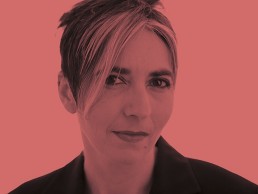
Light Reach
Nathalie Rozot and think tank PhoScope reach out to deserving communities to fight light poverty.
This year marks the beginning of a decade when the world is paying closer attention to climate change and improving sustainability. This movement is also reflected in the lighting industry with a focus on reusability and repairable fixtures to ensure their durability, as well as our awareness of light pollution and the spreading knowledge of environmentally-friendly light sources.
Nathalie Rozot, Founder of PhoScope, is on a mission to spread and share knowledge about light with underserved communities, while fostering social engagement in the architectural lighting industry.
“Our vision is to expand the knowledge and application of light worldwide, using scalable solar lighting programmes with replicable and rapidly deployed projects,” explained Rozot when talking to arc.
Starting out, Rozot obtained degrees in both science and design and practiced architectural, landscape, urban and exhibit design for ten years in Paris and New York. In 2000, she discovered ‘light’ whilst working at l’Observatoire International in New York. There, Rozot was responsible for leading prestigious, large-scale international projects, while also organising the studio’s workflow and production processes.
Simultaneously, Rozot began teaching at Parsons where she has since taught thesis studios and seminars for over ten years. She has also taught intensive workshops in France with Roger Narboni and then Sara Castagné and Sophie Bruère, in landscape architecture Master’s programmes in Versailles and Lille for many years, and served as education columnist for the Illuminating Engineering Society’s LD+A publication.
“I have always pursued an independent research practice,” explained Rozot, “and I have long ventured away from our discipline’s robust for-profit and grid-tied design culture; I have advocated for social innovation and environmental stewardship throughout my professional, academic and pro-bono work. In 2011, I founded the international think tank on light, PhoScope, to focus my design research and practice on the social value of innovative and disruptive ecological and economical light applications, from scenic to architectural and urban solutions.
“The solar-powered lighting project I developed for Haiti’s informal settlements, which was implemented with cLSF (Concepteurs Lumière Sans Frontières), set the premise for PhoScope’s global initiative, Light Reach.”
Light Reach is a large-scale and multi-programmed initiative whose mission is to scale-up social action and engagement in the field of lighting design, and to fight light poverty with rapidly deployable project models.
The charitable initiative strives to empower communities with solar lighting and knowledge about light, and to build an infrastructure to enable and encourage lighting industry participation.
Rozot’s unique path to lighting activism is solar, modular and scalable, with project templates designed to suit the needs of communities and residents in a variety of situations and locations.
“Access to light can greatly benefit communities by improving their natural, public and domestic environments. It is also essential to community placemaking, and displacement prevention after disasters,” elaborated Rozot.
“Moreover, education about the physics of light and the physiology of vision is valuable in more ways than one: it helps solve kitchen table issues in daily life, and it sparks creative and cultural expression.”
Rozot explained further that light poverty not only curtails in-home educational and economic development, but also impedes wellbeing by depriving communities of public spaces after dark.
“It obstructs sociocultural fulfilment for individuals and communities by obscuring social life, artistic expression and creative enterprise.
“Humanitarian lighting programmes are typically market share-driven and product-based and only offer barebones lighting commodities; they address baseline tasks and safety, but not communities’ social and cultural needs. We need more sophisticated deployment models to positively effect social change, and lighting experts and professionals are uniquely positioned to advance communities with impactful initiatives.”
“Light Reach offers an actionable plan to scale-up the positive impact of lighting design with a game-changing replicable project model across multiple programmes: it combines the deployment of off-grid lighting kits and knowledge transfer about light with a framework for social engagement for lighting professionals. Its lighting design projects immediately solve pressing social and recreational needs, plus they double-up as sustainable back-up lighting systems for relocation and distribution to families and communities in case of emergencies,” she added.
Based in New York, Light Reach operates on a global basis. Its pilot programme Recreo de Noche in Puerto Rico, supported by seed grants from the New York sections of the Design Lighting Forum and the Illuminating Engineering Society, has already served three Puerto Rican communities with five workshops and 137 donated fixtures. Marién Vélez, a young woman in lighting from Puerto Rico, facilitated partnerships with local community organisations she was connected to, and led the pilot projects with a small team of volunteers while working closely with Rozot.
“Our volunteers lead workshops where the participants learn about the science and art of light and lighting, and help each community determine where to install the stationary lights.”
After the success of this pilot programme and moving forward, the team is planning to expand it and to introduce new programmes. It is hoping to work with volunteers in Mexico to start Lighting in Unplanned Settlements in the upcoming months, and is seeking project opportunities and partnerships worldwide to aid launch Lighting in Transitional Refuge this year to help communities of refugees.
PhoScope is now focusing on outreach. Light Reach is gaining traction amongst local communities and the lighting community: demand for projects is rising, and several new volunteers have signed up for the two-session Volunteer Training Programme, which will launch as soon as the next projects are funded.
“With our system of project models and templates, the work of two volunteers benefits a community of 250 people, so collectively our international professional lighting community can reach hundreds of thousands of people worldwide,” explained Rozot.
Rozot is also working closely with the Women in Lighting and Design (WILD) and Women in Lighting (WiL) organisations to expand Light Reach’s work and network.
“The New York WILD chapter is awesome and WiL is amazing: kudos to Sharon and Martin for their magnificent vision.
“WiL and WILD exert a strong sense of community; they offer expansive platforms and great opportunities for cross-generational networking and collaboration. Organisations that embody professional women in lighting also thrill me, since I experienced gender politics first-hand in my professional and academic careers.
“Light Reach is a uniquely homegrown and women-led lighting design initiative, so WiL and WILD are ideal stages for us to address light poverty and scale-up social action in the field. I believe connecting the Light Reach network with the WiL and WILD networks will not only help us inspire positive change in our industry, but it will also fundamentally contribute to advance lighting justice at a grand scale.”
In October 2019, PhoScope officially partnered with WeWork to launch an annual fundraiser in six global locations: New York, San Francisco, Tokyo, Mexico City, Bengaluru and London. The multi-city fundraising marathon for Light Reach kicked off with great success, with participants creating their own light-crafts and hosting raffles, and raised over $2,000 for Light Reach.
“Every project costs $15,000. The vision and model for Light Reach imply a shared effort with the participation and social engagement of our industry at large – together we rely on each other and we can only keep serving more communities with light if more sponsors, partners and volunteers join our network.”



